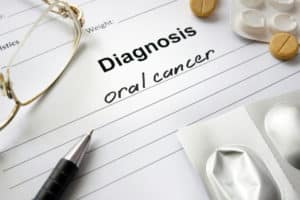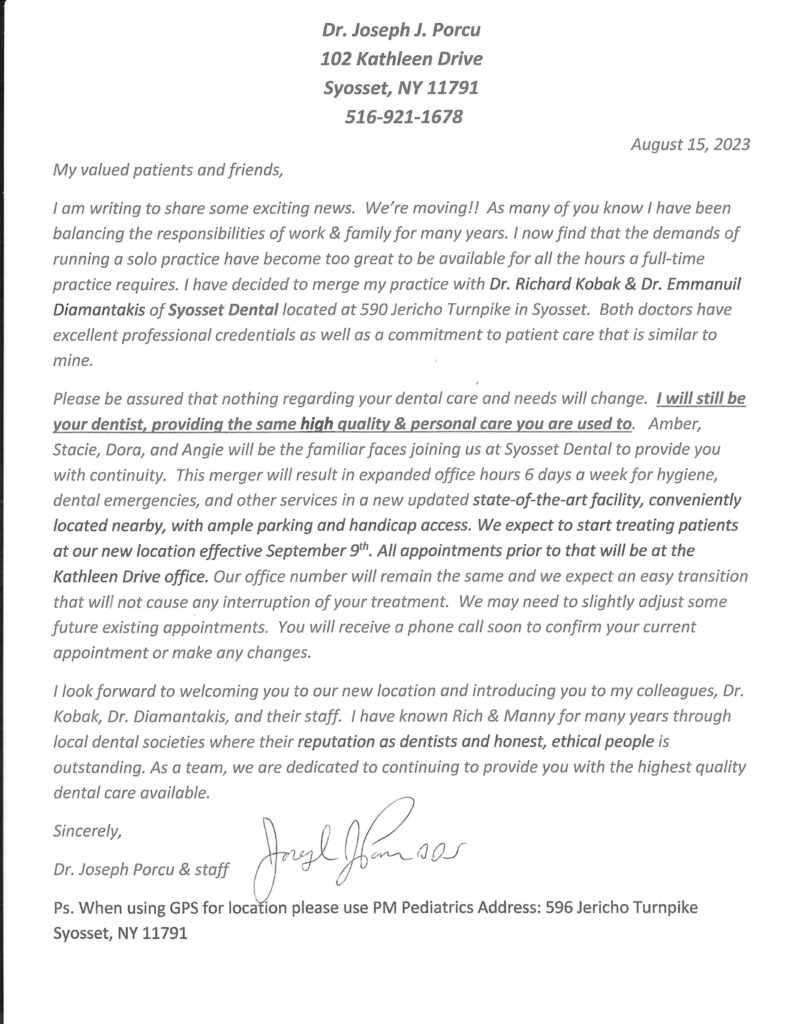 The point of your routine dental checkup and cleaning appointments is to prevent common dental issues from forming, or from growing worse. As part of your regular appointments, your dentist will also conduct thorough screenings to make sure there are no early warning signs of oral cancer development. Routine screenings increase the likelihood of detecting the disease in its earliest stages, which increases the chances of successful treatment, if treatment becomes necessary.
The point of your routine dental checkup and cleaning appointments is to prevent common dental issues from forming, or from growing worse. As part of your regular appointments, your dentist will also conduct thorough screenings to make sure there are no early warning signs of oral cancer development. Routine screenings increase the likelihood of detecting the disease in its earliest stages, which increases the chances of successful treatment, if treatment becomes necessary.
Facts About Oral Cancer
- Oral cancer can describe cancer in a number of different areas, including the mouth, tongue, tonsils, palate, throat, and more. Collectively, oral cancers are the most prevalent of all head and neck cancers.
- According to The Oral Cancer Foundation, approximately 48,000 people in the U.S. are newly-diagnosed with oral cancer each year. When detected early, the survival rates of oral cancer are between 80% and 90%. However, due to late-stage detection, many cases experience survival rates as low as 57%.
- During an oral cancer screening, your dentist will carefully check your oral and throat tissues for signs that could indicate cancer, such as red or white patches of skin, lesions, sores, bumps, and more. Your dentist might also recommend performing a self-examination at least once a month, in front of a well-lit mirror, to check for the same signs.
- There are several influences that can increase your risks of developing oral cancer. Regular screenings can increase your chances of early detection, but you can reduce your risks of developing oral cancer by refraining from things like smoking, chewing tobacco, and excessive alcohol consumption.
- For patients who are over the age of 40, or who may be at a higher risk of oral cancer due to smoking or other factors, we recommend more advanced oral cancer screening using VELscope technology. VELscope employs fluorescent light to clearly highlight abnormalities in soft oral tissues. The process is quick, usually lasting no more than a couple of minutes, and gives patients a significant advantage in early oral cancer detection.
- If one or more areas of your mouth require further study, then your dentist may recommend an oral tissue biopsy, which involves removing a tiny amount of tissue to be studied more thoroughly in a laboratory setting. A biopsy can prove the existence of oral cancer before symptoms become severe, allowing patients to begin treatment in the disease’s earliest stages.











